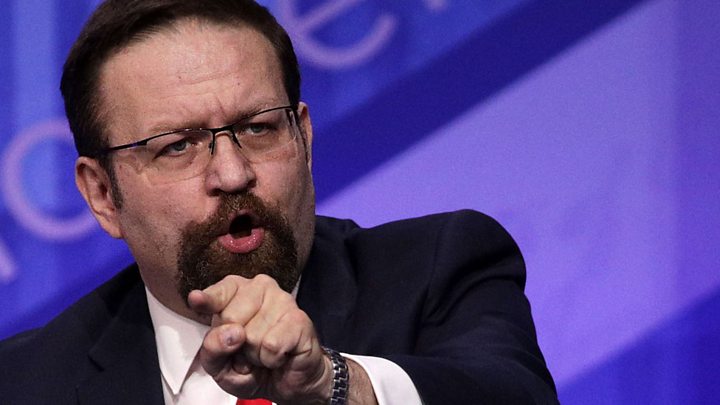Millions of people living in South Asia face a deadly threat from heat and humidity driven by global warming according to a new study.
Most of India, Pakistan and Bangladesh will experience temperatures close to the limits of survivability by 2100, without emissions reductions.
The research says the fraction of the population exposed to dangerous, humid heat waves may reach 30%.
South Asia is home to one-fifth of the world's inhabitants.
Wet bulb threat
Most official weather stations around the world measure temperature with two thermometers.
The first, or "dry bulb" instrument, records the temperature of the air. The other, or "wet bulb" thermometer, measures relative humidity in the air and the results are normally lower than just the pure air temperature.
For humans, this wet bulb reading is critically important.
While the normal temperature inside our bodies is 37C, our skin is usually at 35C. This temperature difference allows us to dissipate our own metabolic heat by sweating.
However, if wet bulb temperatures in our environment are at 35C or greater, our ability to lose heat declines rapidly and even the fittest of people would die in around six hours.
While a wet bulb 35C is considered the upper limit of human survivability, even a humid temperature of 31C is considered an extremely dangerous level for most people.
Recorded wet bulb temperatures on Earth have rarely exceeded 31C. However, in 2015 in Iran, meteorologists saw wet bulb temperatures very close to 35C. In the same summer, a deadly heat wave killed 3,500 people in India and Pakistan.
This understanding of the potentially deadly impact on humans of wet bulb temperatures is key to this new study.
The researchers involved came to their conclusions by using a high resolution climate model, that was tested against observations.
They projected wet bulb temperatures to the end of this century using two different climate change scenarios.
When the model examined a high emissions future, the wet bulb temperature would approach the 35C threshold "over most of South Asia, including the Ganges river valley, north eastern India, Bangladesh, the eastern coast of China, northern Sri Lanka and the Indus valley of Pakistan".
According to the scientists, around 30% of the population is projected to live in a climate characterised by a median of the maximum annual wet bulb temperature of 31C or more. At present, the number of people facing this level of threat is essentially zero.
"The valleys of the Indus and the Ganges rivers are where the water is, they're where the agriculture is and they're where the population has exploded," author Prof Elfatih Eltahir from the Massachusetts Institute of Technology (MIT) told BBC News.
"Our map that shows where the temperature extremes are, it's the same place that you have relatively poor people who predominantly have to work in agriculture and there are so many that they happen to coincide in a region where the hazard is maximised."
Impacts of Paris
If the rise in global temperatures is contained to just over two degrees, roughly in line with the Paris Climate Agreement, the fraction of the population exposed to humid heat above 31C drops to 2%.
Heat waves up to and beyond 31C are projected to become much more frequent if little action is taken on cutting carbon. In most locations, the once-every-25-year heat wave in the present climate is projected to become an approximately once-a-year occurrence. If the limitations agreed in Paris are met, these heat waves are likely to happen every two years.
"Climate change doesn't look like an abstract concept if you look at India," said Prof Eltahir.
"This is something that is going to impact your most vulnerable population in ways that are potentially pretty lethal. But it is avoidable, it is preventable."
Other researchers say the "damaging and downright deadly" conditions described in this study are likely to occur if the world doesn't embrace rapid and substantial cuts in carbon emissions.
"This study provides a crucial glimpse of the future," said Prof Matthew Huber from Purdue University, US, who wasn't part of the research team.
"Either we - the whole world - decide to reduce carbon emissions substantially or we face a highly dangerous scenario in one of the most populous regions in the world, with a deep history and culture, and also a history of political instability."
According to Prof Christoph Schaer from the Institute of Atmospheric and Climate Science at ETH Zurich, the work is "alarming".
"The study is credible as extremely hot and humid heat waves already occur under current climatic conditions in some of the areas considered," he said.
"As conditions are close to a critical health threshold already today, a warming of a few degrees could strongly increase the risk of deadly heat waves."

















